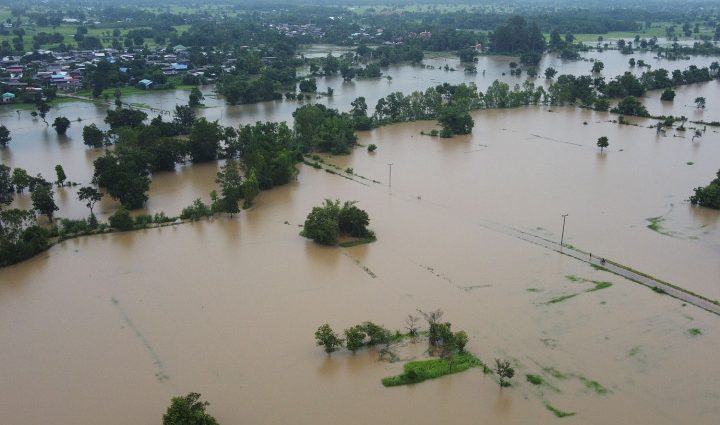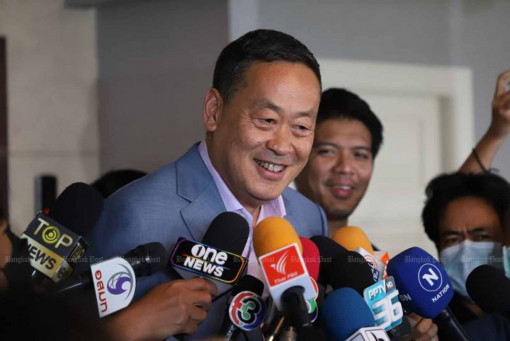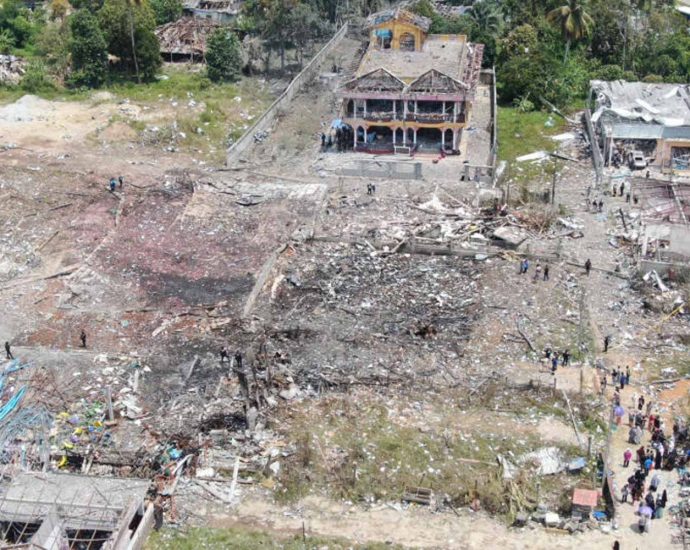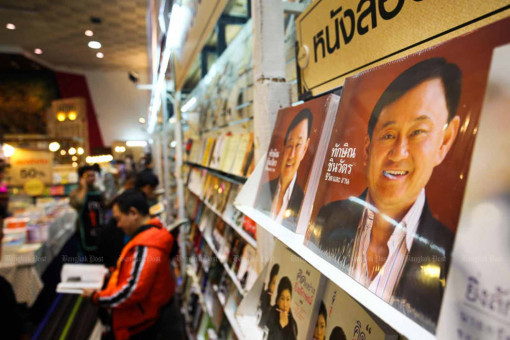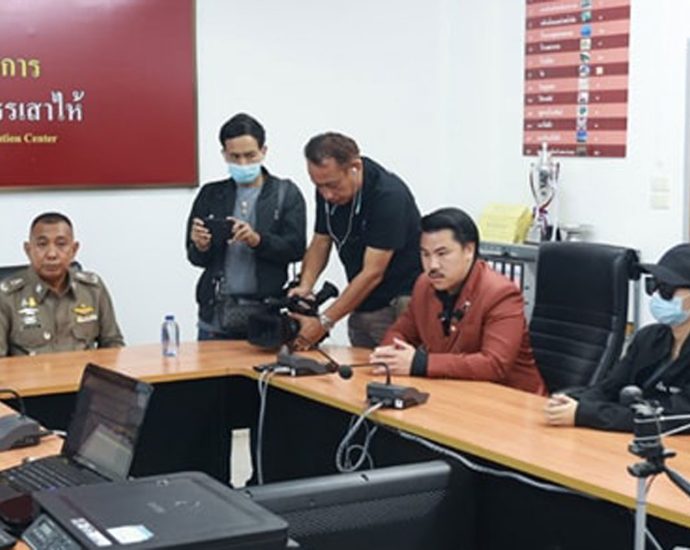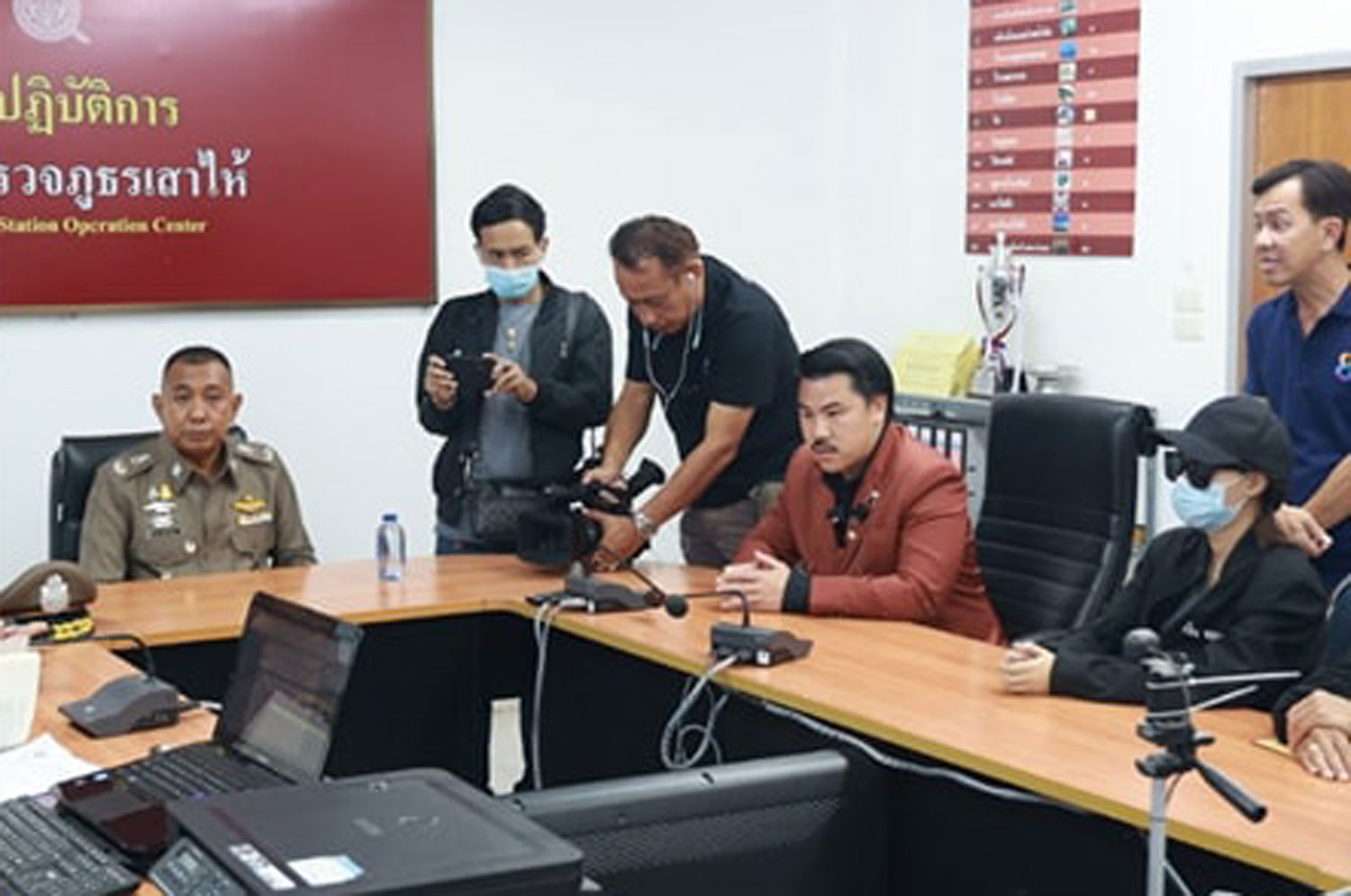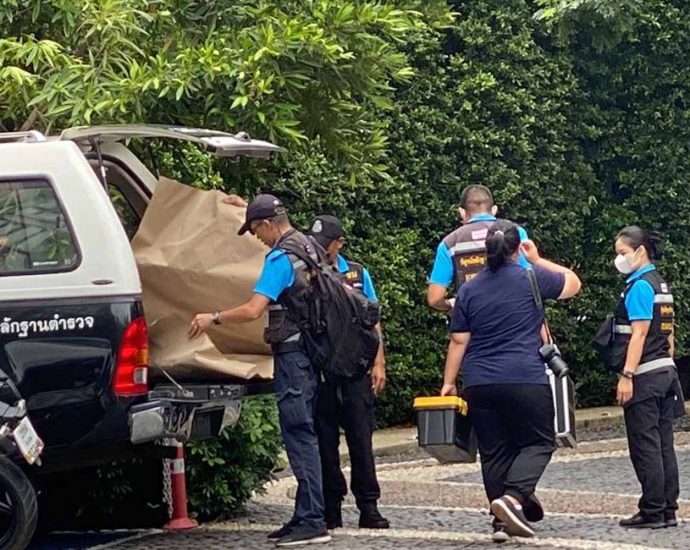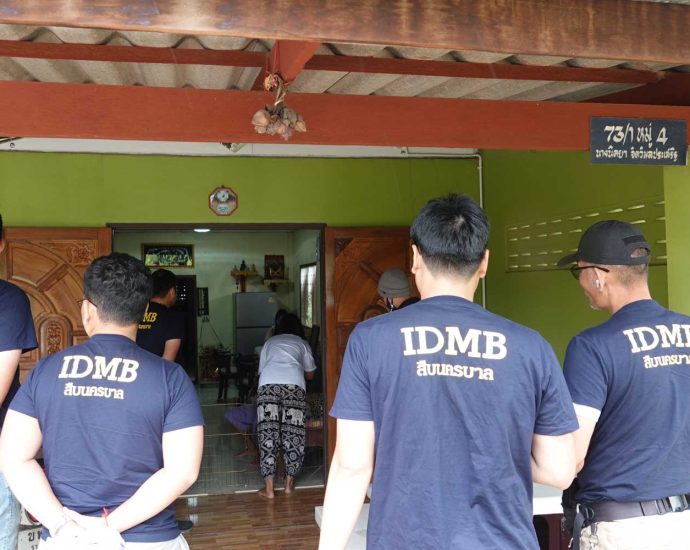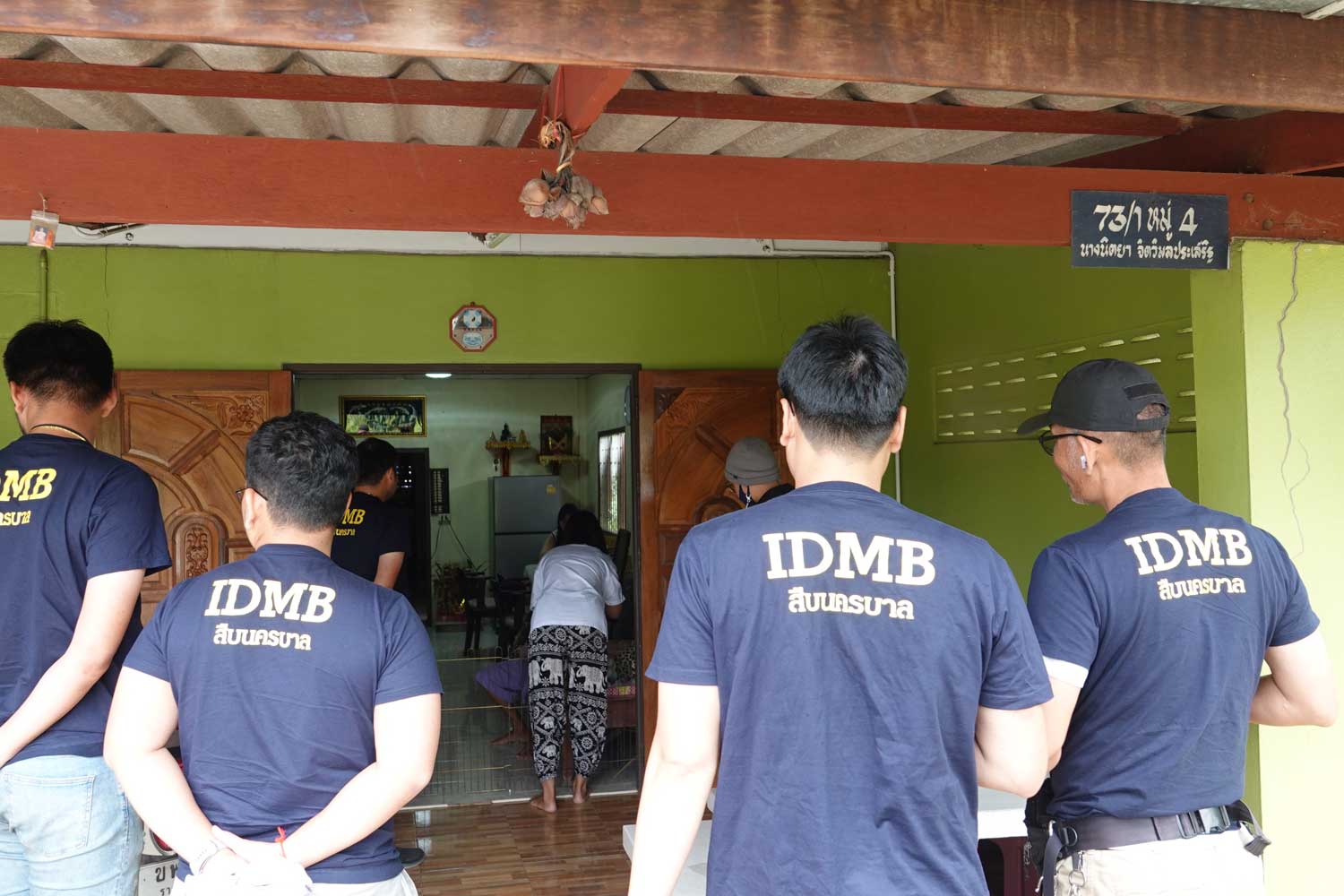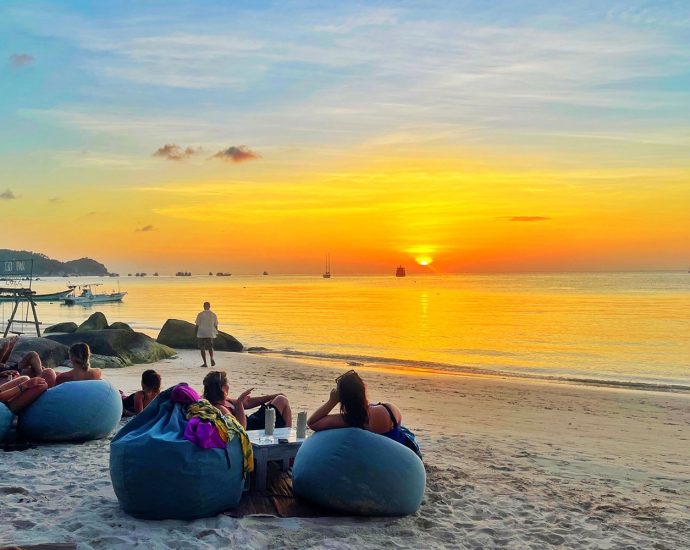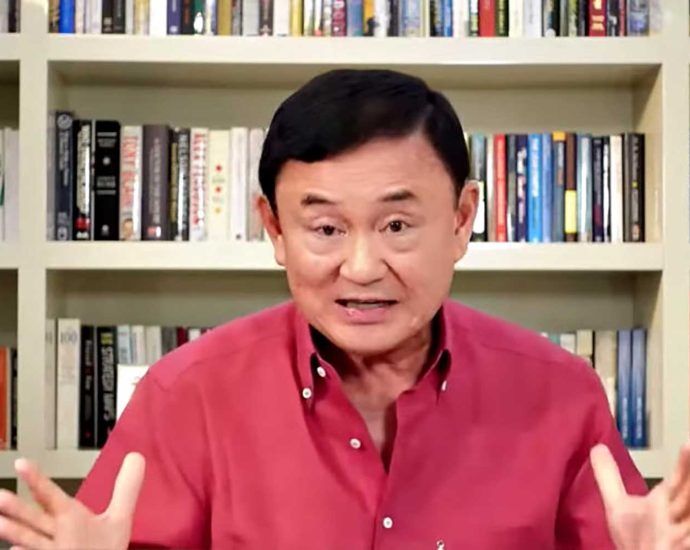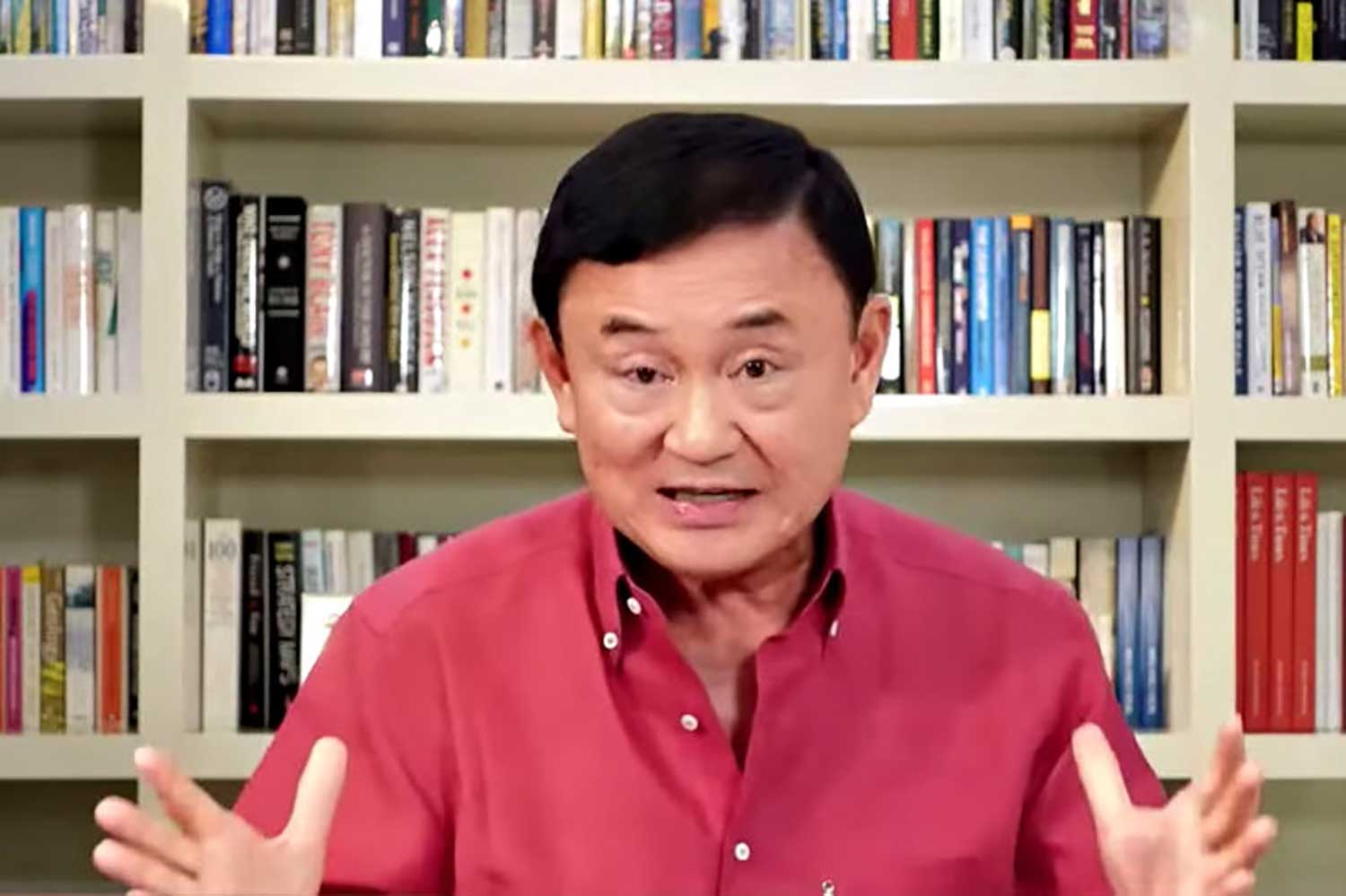Floods hit 1,000 rai of farmland in Nakhon Phanom
Water level of Mekong River also rising steadily
PUBLISHED : 1 Aug 2023 at 18:16

NAKHON PHANOM: Heavy rain pounded this northeastern province overnight, flooding almost 1,000 rai of farmland in That Phanom district.
Hours of downpours triggered runoff from the Phu Phan mountain range, sending a huge volume of water into two tributaries of the Mekong River — Lam Nam Bang and Lam Nam Kam. The rivers overflowed their banks, flooding many areas in That Phanom district and parts of Na Kae district.
Two sub-districts of That Phanom — tambons Fang Daeng and Na And — were the worst hit.
If rain continued and floodwaters did not recede in one week, vast paddy fields were expected to be damaged as water from the tributaries flowed slowly into the Mekong. Water levels in the Mekong River have been rising, by 30-40 centimetres a day.
If the Mekong water level reaches a critical point at 12 metres, many areas will be adversely affected, say forecasters.
Provincial authorities have coordinated with district authorities in areas near the Mekong and mountain ranges — Ban Phaeng, Tha Uthen, Muang, That Phanom and Na Kae districts — to warn local residents to protect their properties against more runoff.

